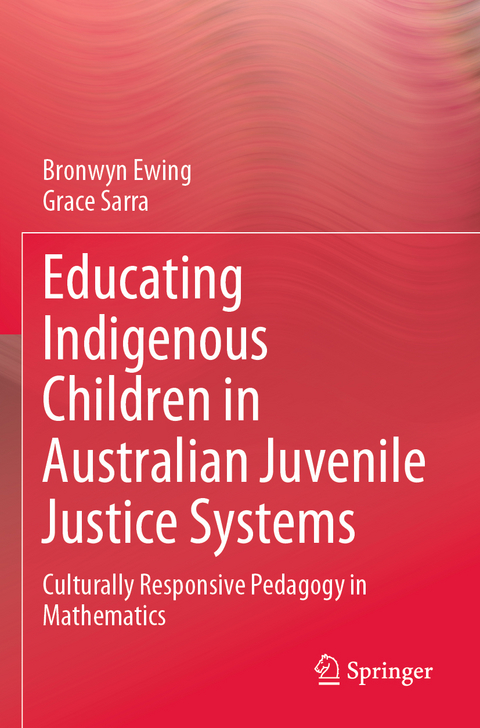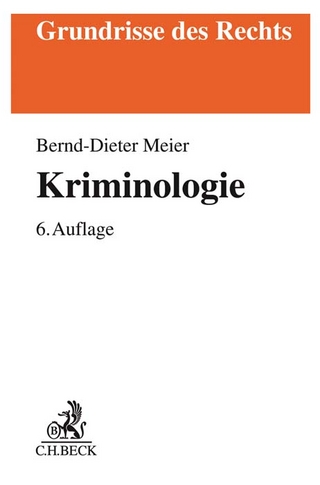
Educating Indigenous Children in Australian Juvenile Justice Systems
Springer Verlag, Singapore
978-981-19-8686-4 (ISBN)
Bronwyn Ewing is an Associate Professor of Mathematics Education at the Queensland University of Technology, School of Teacher Education and Leadership, Australia. Bronwyn’s core research interest investigates the problems of education failure for low socio-economic, Aboriginal and Torres Strait Islander and special needs children and young people. She uses a transdisciplinary approach to research and grounds it in theoretical approaches that emphasise maths as human endeavour, and considers pedagogical, contextual and multi-sensory influences on individual learners and learning. She often uses mixed-method designs that lend themselves to real and lived settings of those with whom she works. Grace Sarra is a Professor at the Queensland University of Technology in the School of Early Childhood and Inclusive Education. She is of Aboriginal heritage from Bindal and Birri clan groups of the Birrigubba nation and Torres Strait Islander heritage of Mauar, Stephen and Murray Islands. Grace has 30 years of experience in teaching and leadership roles in schools and universities. She has extensive experience working within schools in Indigenous and low socioeconomic communities and schools to improve educational outcomes through school change and leadership. Grace researches in the fields of Aboriginal and Torres Strait Islander education, early childhood, inclusive education, Indigenous young people and incarcerated youth in detention centres.
Chapter 1: The Proposition: Towards Culturally Appropriate Education in Juvenile Detention.- Chapter 2: Indigenous Young People in Australia’s Justice System.- Chapter 3: Cultural and Educational Responsibility for Indigenous Young People in Detention: Critical Reality.- Chapter 4: Mathematics Teaching and Learning in Juvenile Detention.- Chapter 5: Culturally Responsive Pedagogy for Indigenous Students in Juvenile Detention.- Chapter 6: Reform of Education in Juvenile Justice: Opportunities and obstacles.- Appendix 1 Teacher Demographic Survey.- Appendix 2 Teacher Efficacy Survey.
| Erscheinungsdatum | 07.02.2024 |
|---|---|
| Zusatzinfo | 15 Illustrations, color; 4 Illustrations, black and white; XIX, 132 p. 19 illus., 15 illus. in color. |
| Verlagsort | Singapore |
| Sprache | englisch |
| Maße | 155 x 235 mm |
| Themenwelt | Recht / Steuern ► Strafrecht ► Kriminologie |
| Sozialwissenschaften ► Pädagogik ► Bildungstheorie | |
| Schlagworte | Aboriginal Culture in Education • Aboriginal Language in Education • Aboriginal Practices in Education • Education and the Law • Education for Detained Young People in Australia • Embedding Indigenous Perspectives in Education • Juvenile Justice System and Education in Australia • Juvenile Justice System in Australia • Learning in Youth Detention Centre Contexts • Mathematics Education, Pedgaogy and Curriculum • Role Models for Indigenous Young People • Teaching in Youth Detention Centre Context • Torres Strait Islander Culture in Education • Torres Strait Islander Language in Education • Torres Strait Islander Practices in Education |
| ISBN-10 | 981-19-8686-X / 981198686X |
| ISBN-13 | 978-981-19-8686-4 / 9789811986864 |
| Zustand | Neuware |
| Haben Sie eine Frage zum Produkt? |
aus dem Bereich


